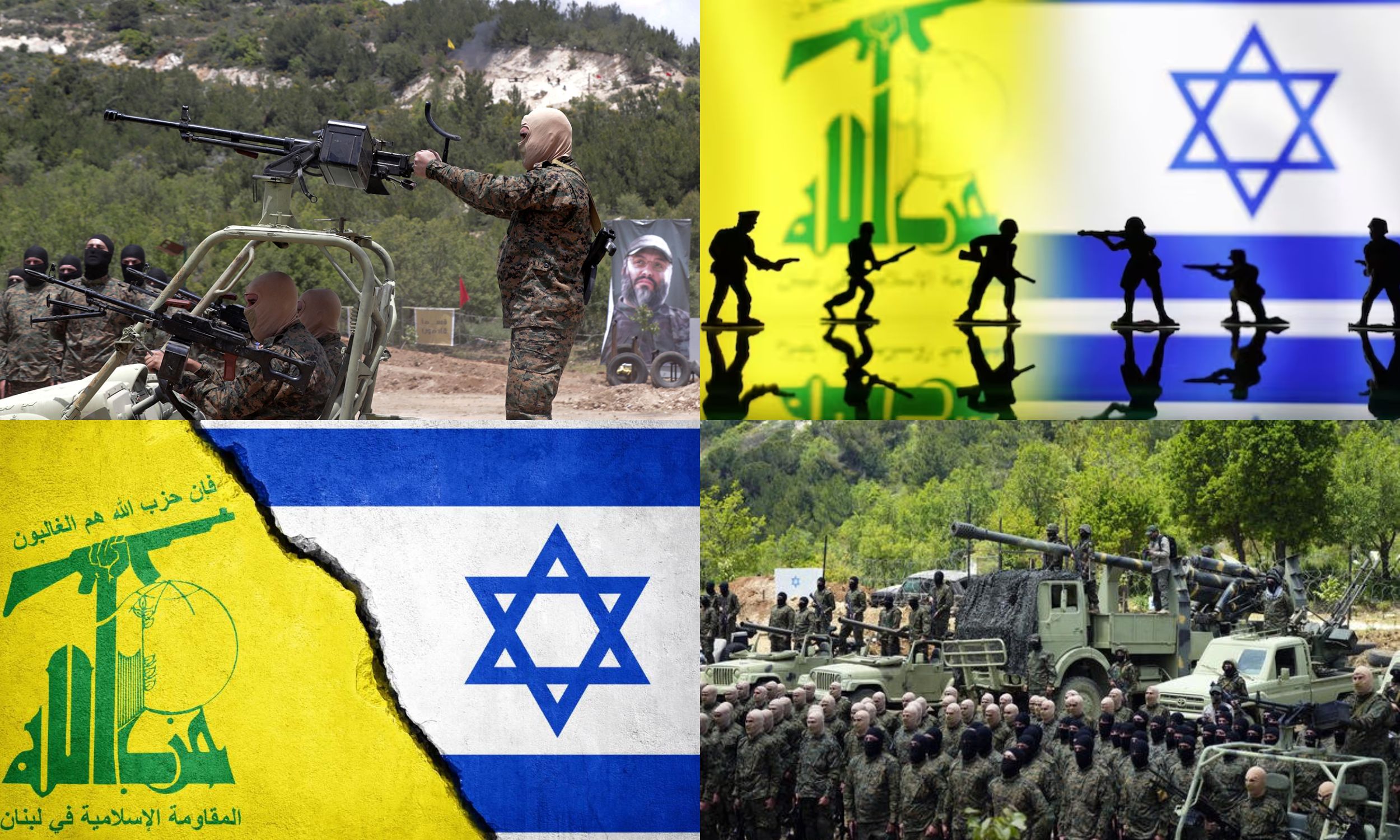The escalating tensions surrounding Israel have reached a critical point, making it crucial to grasp the underlying factors, particularly Hezbollah’s ambitions. While international dialogues often emphasize proportional responses and peace efforts, the reality is far more complex.
Hezbollah’s primary objective is to establish an Islamic state in Lebanon and “liberate” Jerusalem from Israeli control, a goal that threatens regional stability and undermines international attempts to ease hostilities.

Over 60,000 Israelis have been displaced by Hezbollah’s relentless attacks, highlighting the severe impact on civilians
On October 7, as the world was shocked by Hamas’s attack on Israel from Gaza, Hezbollah was also gearing up for a coordinated invasion alongside Hamas. The Israel Defense Forces (IDF) had already weakened Hezbollah’s invasion capabilities, which helped prevent the immediate escalation of conflict in northern Israel. However, Hezbollah remains a severe threat, demonstrated by its continued military buildup and daily assaults on Israel’s northern region.
Since October 8, Hezbollah has launched over 2,700 attacks against Israel, using around 1,000 drones and firing more than 10,000 anti-tank missiles and rockets. These attacks have resulted in the deaths of 25 civilians and 20 soldiers and have forced the evacuation of about 60,000 Israelis from their homes due to the relentless threat of invasion.
This widespread displacement underscores the profound impact of Hezbollah’s actions on civilians, highlighting the need for strong preventative measures. As the conflict worsens, any ceasefire agreement must include stringent oversight to ensure Hezbollah’s disarmament in southern Lebanon. Without this, the group could easily rebuild its military capabilities, posing future risks.
The belief that a restrained response can de-escalate the situation is overly simplistic. Iran’s support for Hezbollah is not just strategic but is part of a deliberate effort to destabilize Israel in pursuit of regional dominance. Hezbollah’s continued attacks are part of a broader campaign aimed at Israel’s destruction.
Iran’s claims of seeking peace are contradicted by its ongoing support for Hezbollah’s aggressive actions. Prolonged conflict serves Iran’s interests, and through proxies like Hezbollah, it actively fuels instability in the region.
Any nation under such constant threat would naturally respond with force to defend its citizens. Israel’s measured actions, which include defensive measures and evacuations, reflect its commitment to protecting civilians while managing a volatile situation.
Moving forward, any ceasefire must include independent, robust monitoring to ensure Hezbollah cannot use the pause to rearm. The current strategy of relying on limited responses and hoping for de-escalation is inadequate against the threat posed by Hezbollah and its Iranian supporters. A thorough understanding of Hezbollah’s goals and a comprehensive approach are essential to effectively address the ongoing conflict. Simple calls for proportionality are not enough; rigorous oversight is necessary to secure a lasting peace and diminish the threat from Hezbollah.























